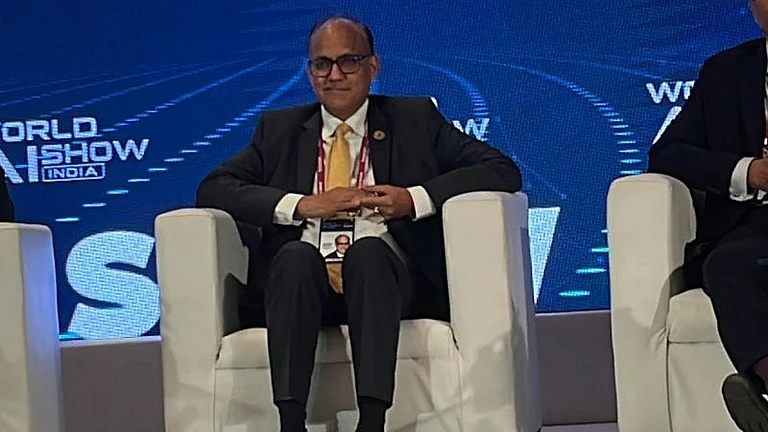
Zomato is negotiating with NRAI to share customer phone numbers with partner restaurants
The system uses an in-app consent prompt requiring users to opt-in before sharing contact details
The move aims to resolve a decade-long data dispute, helping restaurants build direct customer relations
Zomato is in advanced talks with the National Restaurant Association of India (NRAI) to begin sharing customer contact details with restaurants, a move that could end a near-decade dispute between aggregators and eatery owners.
The company has already started testing an in-app consent prompt that asks users whether they want their phone numbers shared with restaurants for marketing and promotional messages.
Under the pilot being rolled out, restaurants would receive customer phone numbers only when users opt in. NRAI officials say the shift is intended to help restaurants build direct relationships with patrons, refine marketing spend and understand ordering habits, not to enable indiscriminate spamming. Zomato and NRAI are reportedly working to define strict limits on how shared data may be used.
Rival Platforms & Competitive Pressure
NRAI has also opened similar discussions with Swiggy, and newer entrants appear to be accelerating the shift in expectations. Rapido’s food-delivery arm Ownly has already struck a deal to share customer data with restaurants, a development that industry sources say prompted incumbents to reconsider their stance. If Zomato formalises the arrangement, analysts expect Swiggy and other platforms to follow.
Restaurants have long complained that “data masking” by aggregators prevents them from identifying repeat customers, tailoring offers and measuring the effectiveness of marketing.
NRAI, which represents hundreds of thousands of eateries, argues that direct access to customer details is essential to build sustainable customer-facing businesses and reduce reliance on platform promotions. The association has previously raised these concerns with the Competition Commission of India.
Privacy Concerns
The proposal has drawn pushback from privacy-conscious users and commentators, with some critics warning that even consented sharing could lead to unwanted messages or misuse if safeguards are weak. Zomato and NRAI say the plan includes clear, limited use cases and opt-in controls; nevertheless, expect scrutiny from regulators and consumer groups as the pilot expands.
The move comes amid shifting industry dynamics: aggregators are balancing commission pressure, restaurant demands and competition from new entrants offering more transparent terms.
For restaurants, access to customer data could improve lifetime-value calculations and targeted marketing; for platforms, it may be a concession to preserve partnerships and defuse regulatory disputes. Observers will watch whether the CCI, which has pending complaints from NRAI over commission levels and data practices, treats the change as material to its probe.

































